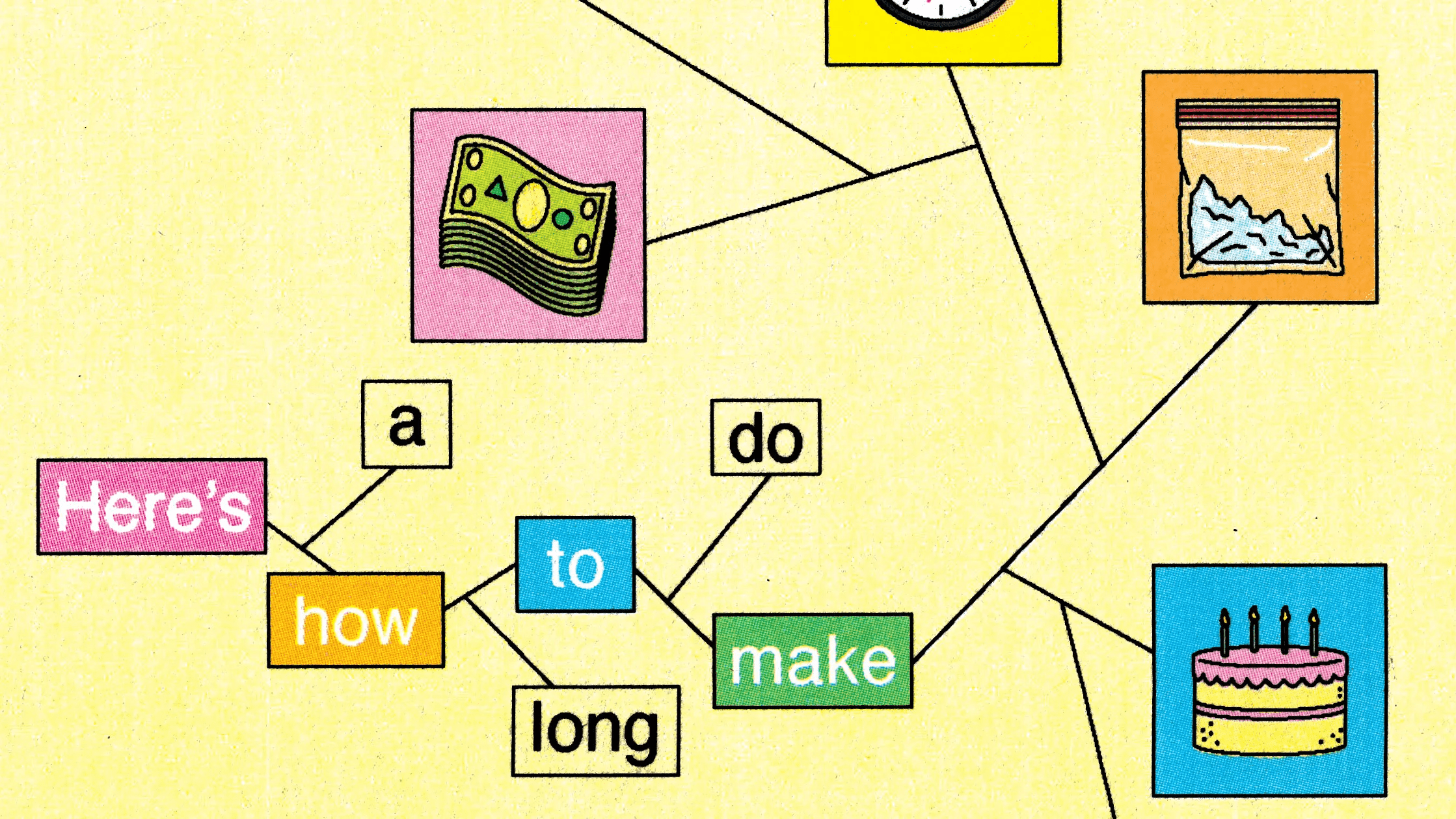The Download: AI’s energy future
This is today’s edition of The Download, our weekday newsletter that provides a daily dose of what’s going on in the world of technology.
Video: AI and our energy future
In May, MIT Technology Review published an unprecedented and comprehensive look at how much energy the AI industry uses—down to a single query. Our reporters and editors traced where AI’s carbon footprint stands now, and where it’s headed, as AI barrels towards billions of daily users.
We’ve just produced a short video to accompany that investigation. You can read the original full story here, and check out—and share— the full video on YouTube here.
AI is changing the grid. Could it help more than it harms?
The rising popularity of AI is driving an increase in electricity demand so significant it has the potential to reshape the grid. Energy consumption by data centers has gone up by 80% from 2020 to 2025 and is likely to keep growing. Electricity prices are already rising, especially in places where data centers are most concentrated.
Yet many people, especially in Big Tech, argue that AI will be, on balance, a positive force for the grid. They claim that the technology could help get more clean power online faster, run our power system more efficiently, and predict and prevent failures that cause blackouts. How much merit is there to that argument?
—Casey Crownhart
Three big things we still don’t know about AI’s energy burden
—James O’Donnell
Earlier this year, when my colleague Casey Crownhart and I spent six months researching the climate and energy burden of AI, we came to see one number in particular as our white whale: how much energy the leading AI models, like ChatGPT or Gemini, use up when generating a single response.
We pestered Google, OpenAI, and Microsoft, but each company refused to provide its figure for our article. But then this summer, after we published, a strange thing started to happen. They finally started to release the numbers we’d been calling for.
So with this newfound transparency, is our job complete? Did we finally harpoon our white whale? I reached out to some of our old sources, and some new ones, to find out. Read the full story.
MIT Technology Review Narrated: Google DeepMind has a new way to look inside an AI’s “mind”
We don’t know exactly how AI works, or why it works so well. That’s a problem: It could lead us to deploy an AI system in a highly sensitive field like medicine without understanding its critical flaws.But a team at Google DeepMind that studies something called mechanistic interpretability has been working on new ways to let us peer under the hood.
This is our latest story to be turned into a MIT Technology Review Narrated podcast, which we’re publishing each week on Spotify and Apple Podcasts. Just navigate to MIT Technology Review Narrated on either platform, and follow us to get all our new content as it’s released.
The must-reads
I’ve combed the internet to find you today’s most fun/important/scary/fascinating stories about technology.
1 Meta suppressed research into the harms young users face in VR
Two former employees told a Senate committee the firm did it to avoid regulatory scrutiny. (WP $)
2 The MAGA movement is full of AI skeptics
But the White House is ditching regulatory obstacles and trying to accelerate AI’s adoption. (FT $)
3 Pfizer says its new covid vaccine boosts immune responses fourfold
If you can get one, that is. (Ars Technica)
+ Americans who can’t access a booster are increasingly fearful. (The Guardian)
+ Vaccine guidance is incredibly confusing these days. (Vox)
+ Why limited access to covid vaccines isn’t all bad. (MIT Technology Review)
4 The EU will examine banning social media for under-16s
Following governments across Europe pushing for mandatory age restrictions. (Bloomberg $)
5 RFK Jr is going all-in on ChatGPT
All US health department employees have been given access to the tool. (404 Media)
+ Humans may be more likely to believe disinformation generated by AI. (MIT Technology Review)
6 An “AI-supported” coder won in a man vs machine hackathon
But AI tools seem to slow down some experienced human developers. (Wired $)
+ The second wave of AI coding is here. (MIT Technology Review)
7 Mark Zuckerberg is suing Meta
No, not that Mark Zuckerberg. (NYT $)
+ The bankruptcy lawyer is fed up with being mistaken for him. (The Guardian)
8 Apple’s new AirPods can translate languages in real time
Via a robotic voice in your ear. (Ars Technica)
+ A new AI translation system for headphones clones multiple voices simultaneously. (MIT Technology Review)
9 AI is threatening Latin America’s diverse music scenes
Fake songs are flooding streaming platforms and depriving artists of an income. (Rest of World)
+ How Pandora fumbled its streaming lead. (Fast Company $)
+ How to break free of Spotify’s algorithm. (MIT Technology Review)
10 Auction house Christie’s is axing its digital art division
But don’t worry—it’ll still sell you NFTs. (Cointelegraph)
+ I tried to buy an Olive Garden NFT. All I got was heartburn. (MIT Technology Review)
Quote of the day
“If you don’t lay the groundwork culturally for bringing in these stars, you’re going to end up burning a bunch of them out and pissing them off, and a bunch of them are going to quit and you’re going to waste millions of dollars.”
—Laszlo Bock, a tech industry adviser and former head of people operations at Google, points out where Meta’s AI division is going wrong to the Wall Street Journal.
One more thing

The $100 billion bet that a postindustrial US city can reinvent itself as a high-tech hub
On a day in late April 2023, a small drilling rig sits at the edge of the scrubby overgrown fields of Syracuse, New York, taking soil samples. It’s the first sign of construction on what could become the largest semiconductor manufacturing facility in the United States.
The CHIPS and Science Act was widely viewed by industry leaders and politicians as a way to secure supply chains, and make the United States competitive again in semiconductor chip manufacturing.
Now Syracuse is about to become an economic test of whether, over the next several decades, aggressive government policies—and the massive corporate investments they spur—can both boost the country’s manufacturing prowess and revitalize neglected parts of the country. Read the full story.
—David Rotman
We can still have nice things
A place for comfort, fun and distraction to brighten up your day. (Got any ideas? Drop me a line or skeet ’em at me.)
+ This 1981 Sony Trinitron TV is the last word in luxury.
+ It’s not just you—as we age, we really do become less adventurous musically.
+ It appears as though our human ancestors hibernated—but weren’t very good at it.
+ Did renowned painter Vermeer duplicate his own painting? You be the judge.


















